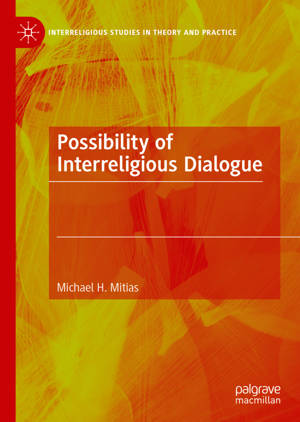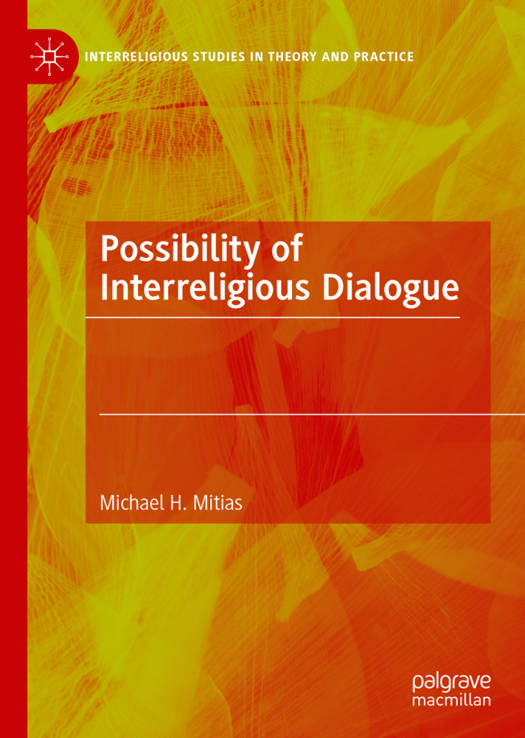
- Retrait gratuit dans votre magasin Club
- 7.000.000 titres dans notre catalogue
- Payer en toute sécurité
- Toujours un magasin près de chez vous
- Retrait gratuit dans votre magasin Club
- 7.000.0000 titres dans notre catalogue
- Payer en toute sécurité
- Toujours un magasin près de chez vous
Description
Is dialogue between the major religions of the world possible? If it is possible, under what conditions? In this book, Michael H. Mitias argues that it is possible provided various conditions are met. These conditions include mutual respect, mutual understanding, and God-centeredness. First, how can a religion that is unusually complex---composed of a doctrine founded in a unique divine revelation, a leadership class of theologians, teachers, clergy, and administrators, and a community across global cultures--show uniform respect to another religion? How can a complex institution like a religion truly understand another religion? Third, can the different religions worship the same God if their conceptions of God are based on their unique doctrines? Mitias addresses these questions and argues that it is possible for religions to respect and understand one another. Further, he argues that the different conceptions of God are necessarily founded in a belief in the existence of a transcendent, infinite, and wise being.
Spécifications
Parties prenantes
- Auteur(s) :
- Editeur:
Contenu
- Nombre de pages :
- 144
- Langue:
- Anglais
- Collection :
Caractéristiques
- EAN:
- 9783030705190
- Date de parution :
- 23-04-21
- Format:
- Livre relié
- Format numérique:
- Genaaid
- Dimensions :
- 148 mm x 210 mm
- Poids :
- 335 g

Les avis
Nous publions uniquement les avis qui respectent les conditions requises. Consultez nos conditions pour les avis.






